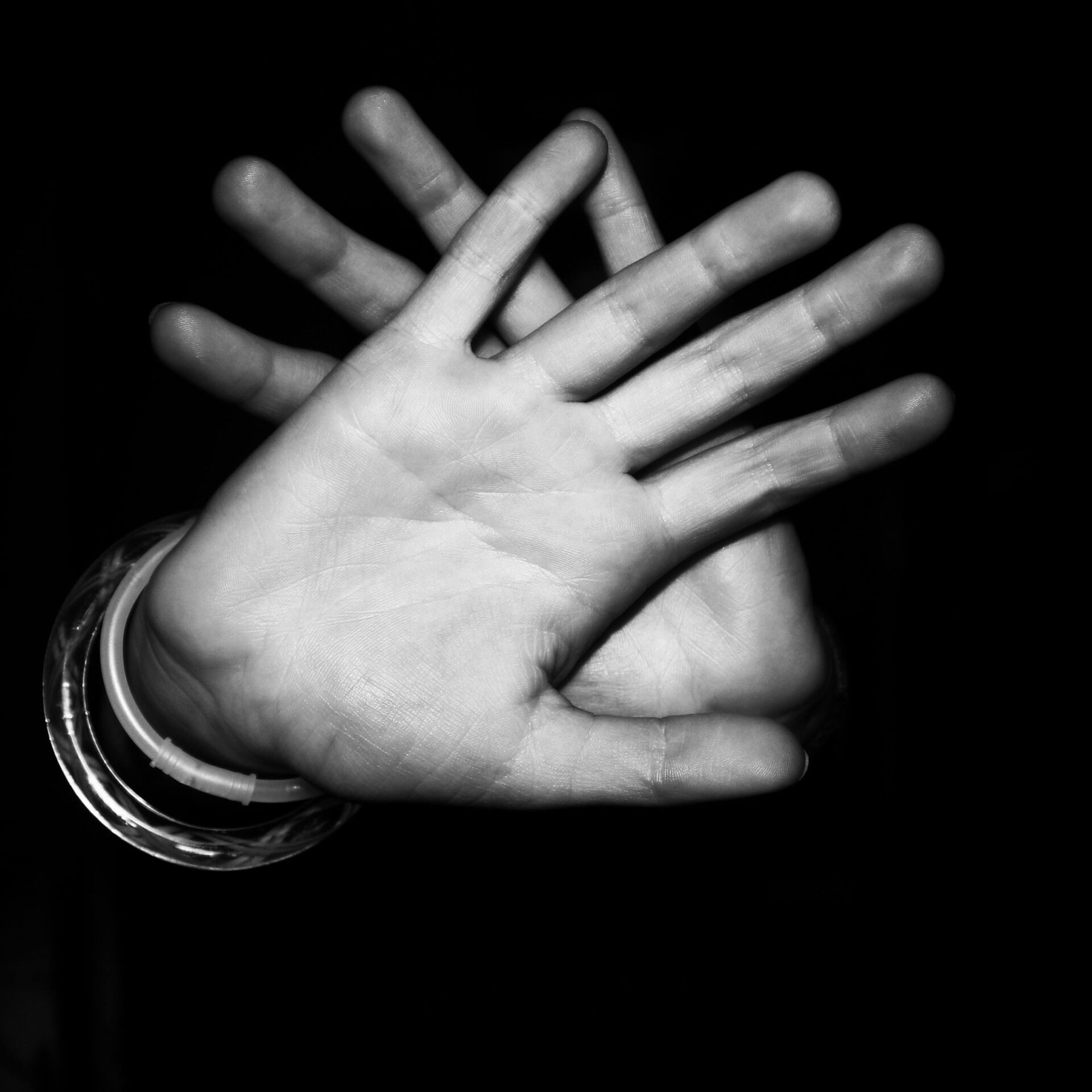It can be hard to reconcile the person you know with the actions they’re taking. When you see a loved one caught in the cycle of addiction, it may be easy to believe it’s a matter of choice or a lack of character. But addiction is a chronic medical condition. Addiction changes the brain, compelling a person to keep using even when they desperately want to stop. The struggle to quit is a direct result of how drugs affect the brain’s pleasure and memory centers, creating a cycle that is difficult to break.
Learning why it’s hard to stop using drugs is key to creating an environment of understanding and supporting a healthier path to recovery. At Wellbrook Recovery, we aim to equip you with the tools and guidance you need to navigate a loved one’s addiction.
Table of Contents
- Key Takeaways: Why Is It Hard to Stop Using Drugs?
- Why Is It So Hard to Quit Drugs? The Reality of Addiction
- Brain Changes from Drug Use
- Drug Withdrawal Symptoms
- Addiction Triggers That Hinder Recovery
- Relapse and Why It’s Common
- What Are Contributing Factors for Addiction?
- Recognizing a Substance Use Disorder
Key Takeaways: Why Is It Hard to Stop Using Drugs?
- Addiction is a chronic medical disease that alters the brain’s reward, stress, and decision-making systems, making quitting extremely challenging.
- Willpower alone is not enough; addiction requires professional treatment, therapy, and a supportive environment.
- Recovery is possible with consistent treatment, support, and relapse-prevention planning; the brain can begin to heal.
- Relapse is not failure. It is a common part of recovery and a signal to adjust the treatment approach.
- Empathy, non-judgmental support, and guidance toward professionals from family and loved ones can help significantly improve outcomes.
Why Is It So Hard to Quit Drugs? The Reality of Addiction
Quitting drugs is difficult because substance use changes the brain’s reward system, creating strong cravings and dependence that make it challenging to stop. When you’re trying to understand what’s happening with a loved one, it helps to know the facts about addiction. The struggle they are facing is a battle with a disease. Here are some points to consider:
- Brain Rewiring: Addiction is a medical condition that changes how the brain responds to pleasure, stress, and motivation.
- The Physical Struggle: Withdrawal is a severe physical and emotional struggle that makes it almost impossible for the person to quit on their own.
- The Power of Triggers: Sights, smells, or even certain feelings can become powerful reminders of the drug, leading to intense cravings and making relapse a constant risk.
The powerful pull of the substance is a direct result of a brain that has been changed. This is why professional support is so essential to help restore the brain’s natural function.
Brain Changes from Drug Use
One important factor in why it’s so difficult to stop using drugs is that addiction affects how a person thinks, feels, and acts. Understanding the brain changes due to drug use is the first step towards effective treatment.
Reduced Natural Rewards When Addicted
Addiction takes over the brain’s reward system, causing it to respond less to healthy pleasures. Hobbies or time with family no longer feel as good. This can create a constant need for the substance just to feel a sense of normalcy, trapping a person in a cycle where they feel they must use just to get through the day.
Impaired Self-Control Due to Drug Use
Substance use weakens the parts of the brain responsible for decision-making and impulse control. This is why a person may continue to use, even when they know it is causing serious harm. It can also make it difficult for them to manage stress or control their reactions.
Drug Withdrawal Symptoms
When a person stops using, their body and mind go into a state of shock as they struggle to function without the substance they’ve grown dependent on. The experience of withdrawal is a brutal and agonizing one, with symptoms that can be physically and mentally devastating.
| Recognizing the Symptoms of Drug Withdrawal | |
|---|---|
| Physical Symptoms of Drug Withdrawal | Psychological Symptoms of Drug Withdrawal |
| Nausea and vomiting | Overwhelming anxiety and panic attacks |
| Sweating and shaking | Depression and extreme mood swings |
| Severe muscular cramps and body aches | Irritability and restlessness |
| Headaches and flu-like symptoms | Intense and constant cravings for the substance |
| Fatigue and insomnia | Difficulty concentrating and emotional numbness |
These profound changes in the brain’s function are the very reason that willpower alone is not enough to overcome addiction. With the right support, the brain can begin to heal, and a new path to lasting recovery can be found.
Addiction Triggers That Hinder Recovery
Even after a person has stopped using, their brain has powerful memories of the substance. These memories can be activated by triggers, such as people, places, emotions, or situations, that can cause an intense craving. Learning to identify and manage triggers is an essential part of recovery.
Relapse and Why It’s Common

When a loved one relapses, it can feel like all the progress has been lost and the effort was for nothing. It’s a natural reaction to feel defeated, but it’s important to understand that relapse is a common part of the recovery process. The powerful combination of triggers, stress, and unresolved trauma can be overwhelming, even for someone who genuinely wants to remain sober. Relapse should be viewed as a temporary setback in a long-term journey.
What Are Contributing Factors for Addiction?
Addiction is often a result of a combination of biological, psychological, and social factors that come together to create a perfect storm, making a person vulnerable to substance use.
The Link Between Mental Health Conditions and Addiction
For many, addiction doesn’t begin in a vacuum. It often develops alongside an untreated mental health condition. A loved one may start using substances as a way to cope with overwhelming anxiety, deep depression, or the lingering pain of past trauma. What starts as an attempt to feel better becomes a separate issue that makes healing much more painful.
Social and Environmental Influences on Addiction
The environment a person is in can have a powerful influence on their substance use. Factors like peer pressure to fit in, the easy accessibility to drugs in their community, or ongoing stress from work or personal life can all contribute. A person’s family background can also play a role, whether it’s a history of addiction or a lack of stability.
Additional Addiction Risk Factors
Some factors that contribute to addiction are beyond a person’s control. A family history of addiction can increase a person’s genetic risk, just as a history of heart disease might. Co-occurring medical conditions and early exposure to drug use can significantly increase the chances of developing a substance disorder.
Recognizing a Substance Use Disorder
Recognizing the signs of substance use disorders is often the first step toward seeking help for a loved one.
- Powerful cravings: You notice they are consumed by an overwhelming urge for the substance, unable to focus on anything else, and losing sight of what truly matters.
- Continued use despite harm: They keep using even after facing serious negative consequences like a job loss or damaged relationships.
- Loss of interest: They stop participating in hobbies and activities they once enjoyed.
- Inability to quit: They are unable to cut back or stop using, despite multiple attempts.
- Reliance to cope: They turn to the substance to deal with any kind of stress or emotion.
How to Help Someone With Addiction
Helping a loved one with addiction requires a new approach. While you can’t force them into recovery, you can provide the guidance and support they need to begin healing. By showing empathy, avoiding judgment, offering support, and guiding them to professional help, you can make a real difference in their recovery.

Treatment Options for Addiction
Because addiction is a medical disease, it requires professional care. A personalized plan gives a person the best chance of long-term recovery.
- Rehab Programs: Structured addiction treatment programs provide medical support, therapy, and life skills training to help individuals achieve lasting recovery.
- Therapies: Behavioral therapies like CBT and Motivational Interviewing help a person change thought patterns and build motivation.
- Support Systems: Support groups and family involvement provide a crucial community of care.
- Medications: Medications can manage cravings and withdrawal.
Healing the Brain from Addiction: A Gradual Journey
Although it may make it hard to quit drugs, the brain changes from addiction are not permanent. With consistent treatment and support, the brain can begin to heal and rewire itself. Recovery is possible, and with the right help, a full and meaningful life can be found.
At Wellbrook Recovery, we offer personalized treatment programs that support lasting recovery and address the psychological factors driving addiction. Our experienced team provides compassionate care, evidence-based therapies, and a safe environment for you or your loved one to heal.
Take the first step toward a brighter future – contact us today and begin the journey to lasting recovery.
Frequently Asked Questions: Why Is It So Difficult to Quit Abusing Drugs?
Why can’t I stop using drugs?
Addiction changes how the brain processes reward, stress, and self-control, making it feel impossible to quit on your own. The good news is that recovery is possible with the right support. Utilizing resources like rehab programs can provide the change you need to move forward. At Wellbrook Recovery, we provide compassionate care, proven treatment options, and the tools you need to break free from addiction and start building a healthier, hopeful future.
Is relapse a sign of failure?
No, relapse is not a sign of failure. Relapse is a common part of the recovery process and should be viewed as a temporary setback, not a failure. It is a sign that a treatment plan may need to be adjusted.
Can the brain heal after addiction?
Yes, with consistent treatment and support, the brain can begin to heal and rewire itself over time.
How can I support a loved one who is struggling with addiction?
Learn about the disease with empathy and avoid judgement. You can help by guiding your loved ones towards professional help and resources.
The journey to recovery requires a comprehensive approach that addresses the illness on every level. With professional guidance and strong support, your loved one can begin to heal, and a full, lasting recovery is absolutely within reach.
Why are psychologically addictive drugs so hard to quit?
Psychologically addictive drugs are difficult to quit because they affect the brain’s reward system, creating strong cravings and emotional dependence. Unlike physical withdrawal, which eventually passes, psychological addiction often lingers through triggers like stress, memories, or certain environments.
The brain begins to link drug use with relief or pleasure, making it hard to resist even after the substance is gone. This is why treatment usually focuses not only on detox but also on therapy, coping skills, and long-term support to break the mental patterns that fuel addiction.





















